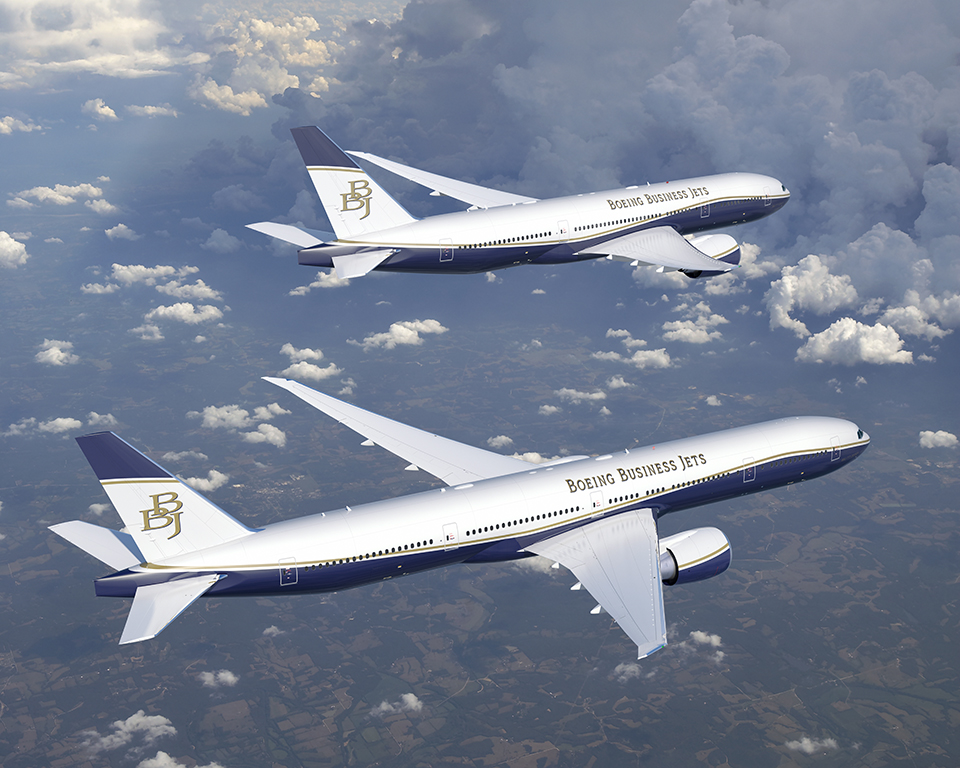1Boeing Business Jets, a unit of Boeing, has secured four orders for the BBJ 737 MAX. They reported this at the National Business Aviation Association’s Convention and Exhibition held in Orlando.
One Boeing 757-300 entered into service and the manufacturer also expects to deliver two more 757-300s this month.
Three executives from Boeing—Erika Person, president of Boeing Business Jets; Alex Fecteau, director of marketing of Boeing Business Jets; and Samir Sahgal, deputy vice president, commercial business for Boeing Global Services—presented during the press conference.
As of April 2020, the demand for bizliners in America and globally has surged to a pre-pandemic high. In the U.S., there are currently 117 Bizliners but only 30% of the global fleet. Boeing reported that it made 111 of those 117-Bizliners.
According to Boeing, about 75% of all widebody business jets sold in the last 21 years have been theirs. This includes models like the 787 Dreamliner and 777.
Furthermore, it noted that in the last 21 years, more than three-quarters or 75 percent of widebody business jets were made by Boeing, including the 787 Dreamliner and 777.
Worldwide, Boeing has sold more than 260 bizliners. In the Americas, governments are the largest BBJ customer, representing 40 percent of the market. Then private users make up 30 percent of demand, with corporations accounting for 19 percent.
According to Conklin and de Decker data, BBJs saved roughly 1,500 dollars per hour in direct operating cost when compared to using traditional planes. Additionally, older BBJs were commanding prices as high as 20-50% higher than the commercial market value.
The Boeing Market Outlook: No Slowdown Yet
Looking at the broader market, Sahgal shared that Boeing believes that the long-term demand for business jet travel remains optimistic despite near-term economic headwinds. The company said that after recovering to pre-recession levels in September 2019, business aviation traffic is now 19% higher than it was before. This is because customer demand has been healthy, despite supply chain challenges still affecting the industry. To combat these supply problems, schools have ramped up their capacity to support growth amid a pilot shortage.
Even with mentions of a recession, Boeing is confident that global business aviation traffic will stay above pre-pandemic levels – and their customers know why. For the services market, by 2031, across the fast-growing business aviation, civil helicopter, and general aviation sectors, Boeing states that the demand for aircraft services to serve a fleet of 400,000 aircraft by then would be worth $335 billion.

